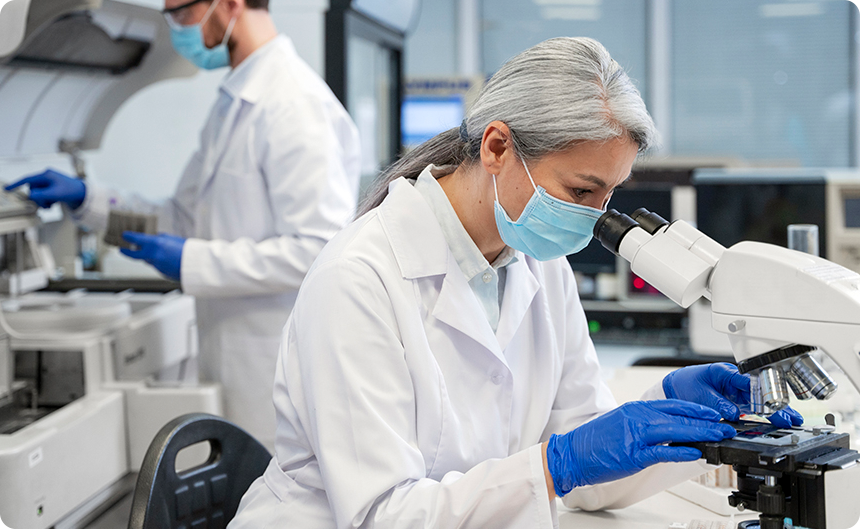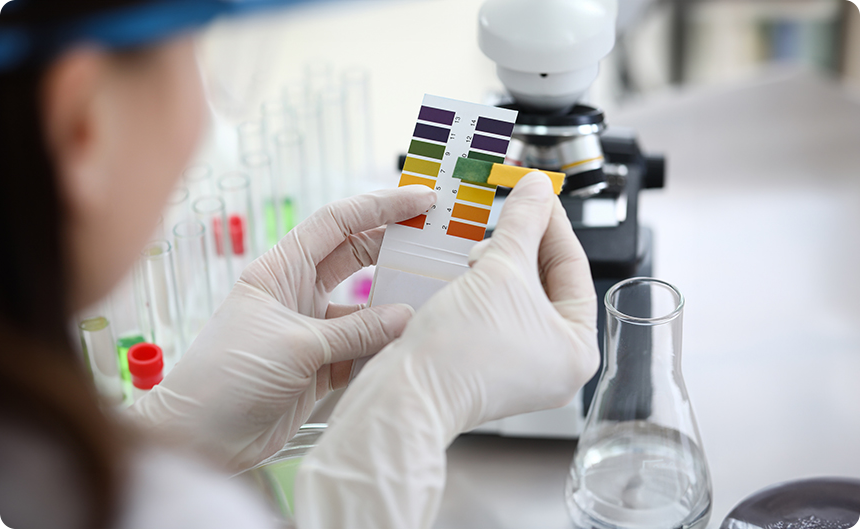 Lab Testing
Lab Testing


We publish our laboratory tests quarterly here on the website.
Why We Test
At The Kratom Connection, your well-being is our top priority. We understand the importance of providing you with a product that is not only effective but also free of biological contaminants and adulteration . That’s why we go the extra mile to ensure the quality of our kratom through rigorous lab testing.
Our Commitment to Quality:
At The Kratom Connection, we are committed to delivering premium kratom products that meet the highest standards. Our commitment begins with the careful selection of farms in Indonesia that conduct their own laboratory testing as well and have invested heavily in good manufacturing and cultivation practices. Sourcing from these farms significantly reduces the chances that a batch of product will fail our laboratory testing. Any batch of product that fails to pass our laboratory testing with a clean bill of health is not sold to the public.
Comprehensive Lab Testing:
We believe in transparency, and that’s why we subject our kratom to comprehensive lab testing conducted by independent third-party laboratories. These tests cover a range of crucial aspects to ensure the safety, purity, and potency of our products.
What We Test For:
- Alkaloid Content: We measure the concentration of key alkaloids to guarantee the consistent potency of our kratom.
- The primary active compounds in kratom are alkaloids, such as mitragynine and 7-hydroxymitragynine. Lab tests measure the concentration of these alkaloids to ensure consistency in potency and effects. Different strains and batches may have varying alkaloid profiles, and this information helps in standardizing the product.
- Contaminants: Our tests check for heavy metals, microbial contaminants, pesticides, and herbicides to ensure your safety.
- Heavy Metals: Kratom plants can absorb heavy metals from the soil, and high levels of metals like lead, arsenic, mercury, and cadmium can be toxic. Lab tests check for the presence of these heavy metals to ensure the product is within safe limits.
- Microbial Contaminants: Bacteria, molds, and other microbes can contaminate kratom during cultivation, processing, or packaging. Lab tests look for pathogens such as Salmonella, E. coli, and molds to ensure the product is free from harmful microorganisms.
- Pesticides and Herbicides: Residual pesticides and herbicides from cultivation can pose health risks. Lab tests check for the presence of these agricultural chemicals to ensure that the kratom is free from harmful residues.
- Adulterants: We actively look for any adulterants or foreign substances that may compromise the integrity of our product.
- Some unscrupulous suppliers may mix kratom with other substances or add synthetic compounds to enhance effects or increase profits. Lab tests aim to detect any adulterants that might be present, ensuring the purity of the kratom product.
- Mycotoxins: Ensuring our products are free from harmful fungal toxins is a key part of our testing process.
- Fungi can produce mycotoxins, which are toxic compounds harmful to humans. Lab tests check for the presence of mycotoxins to ensure the kratom is free from fungal contamination.
- Moisture Content: We monitor moisture levels to prevent the growth of molds and maintain product quality.
- Excessive moisture in kratom products can lead to the growth of molds and compromise the quality and safety of the product. Lab tests measure the moisture content to ensure it falls within acceptable limits.
- Identity Confirmation: We verify the botanical identity of our kratom to guarantee you’re getting exactly what you expect.
- Lab tests confirm the botanical identity of the kratom product to ensure it is indeed Mitragyna speciosa and not a different plant or substance.
